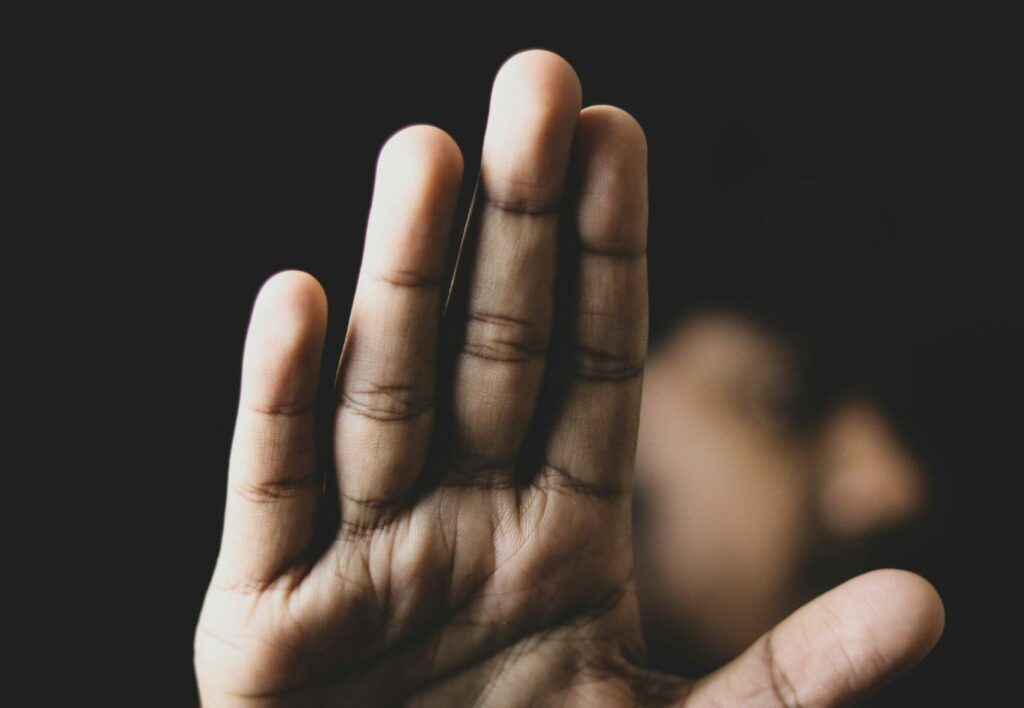
National Domestic Violence Hotline
October is Domestic Violence Awareness Month, a time to shed light on the silent suffering of countless individuals trapped in abusive relationships. Within immigration law, we recognize the difficulties of survivors who often face unique challenges with their immigration status. In honor of this awareness month, we wanted to share resources and immigration options available to domestic violence survivors.
What is Domestic Violence?
Domestic violence is when physical, sexual, emotional, and/or financial abuse are used for control and fear in a relationship. Although physical abuse is a common characteristic of abusive relationships, it does not need to happen to be deemed domestic violence. What domestic violence looks like changes based on each individual relationship, but a common characteristic is that the abusive partner consistently tries to maintain power and control over the other.
The first step to addressing domestic violence and seeking help is knowing how to recognize and identify the issue, either in your own relationship or those of others. Here are common signs and aspects of domestic violence:
Signs of Domestic Violence:
- Physical Abuse: any form of physical harm or injury, including hitting, slapping, kicking, and choking
- Emotional and Psychological Abuse: this can happen in a variety of ways, including constant criticism, belittling, or humiliation, threats, intimidation, or controlling behavior, isolation from friends and family, and manipulation, undermining, and gaslighting (manipulation that makes you question your sanity)
- Sexual Abuse: the forcing or coercion of unwanted sexual acts, sexual assault, or rape; remember that sexual abuse can happen in any relationship, even marriage
- Financial Abuse: the control of the victim’s finances, such as withholding money, forcing the victim to work against their will, or preventing them from working
- Digital Abuse: the monitoring of victim’s online activities and communication, and harassment or threats through digital means such as text messages, social media, or email
It is important to remember that domestic violence knows no boundaries. It affects people regardless of their age, gender, race, nationality, or immigration status. There are resources available to those in abusive relationships, such as hotlines, shelters, and nonprofits that can provide support, assistance, and safety. We have listed some of the resources available at the end of this blog.
Immigration Opportunities for Survivors
Immigrants who find themselves in abusive relationships not only face the challenges of domestic violence but also the challenges of gaining immigration status. Thankfully, there are several immigration options available for survivors of domestic violence in the United States, depending on the specifics of their situation.
The Violence Against Women Act (VAWA)
The Violence Against Women Act (VAWA) is a landmark legislation created for survivors to self-petition for legal immigration status without their abuser. Regardless of the survivor’s gender, VAWA provides a pathway to permanent residency and, subsequently, citizenship.
Eligibility requirements for VAWA:
- A qualifying relationship with the abusive U.S. citizen or lawful permanent resident spouse or parent
- A history of abuse or extreme cruelty during the relationship
- Good moral character
U Visas and T Visas
U or T Visas are also immigration options for survivors. Both provide protection and a pathway to legal status for survivors, with the encouragement of working with law enforcement to bring the abusers to justice.
- U Visa: designed for victims of certain crimes, including domestic violence, who have cooperated with law enforcement in the investigation or prosecution of the crime.
- T Visa: are for survivors of human trafficking, which can also involve elements of domestic violence and abuse.
Asylum
In extreme cases, survivors who fear persecution or harm in their home countries due to domestic violence or other forms of abuse may be eligible for asylum in the United States. Asylum grants protection to those who can demonstrate a well-founded fear of persecution based on specific grounds, including membership in a particular social group, which could include survivors of domestic violence.
Support for Survivors: Hope Immigration
At Hope Immigration, we are committed to supporting survivors on their journey to safety and security. If you or someone you know is a survivor of domestic violence and needs assistance with immigration matters, please don’t hesitate to contact us. To learn more, you can schedule a meeting with our attorney here.
Remember, there is hope, there is help, and there is a path to a better future for survivors of domestic violence. Let us all strive to create a world where nonviolence prevails, and every survivor finds the support and protection they deserve.
Resources
National Domestic Violence Hotline
Georgia Coalition Against Domestic Violence



I love what you guys are usually up too. Such clever work and
coverage! Keep up the good works guys I’ve you guys to our
blogroll.